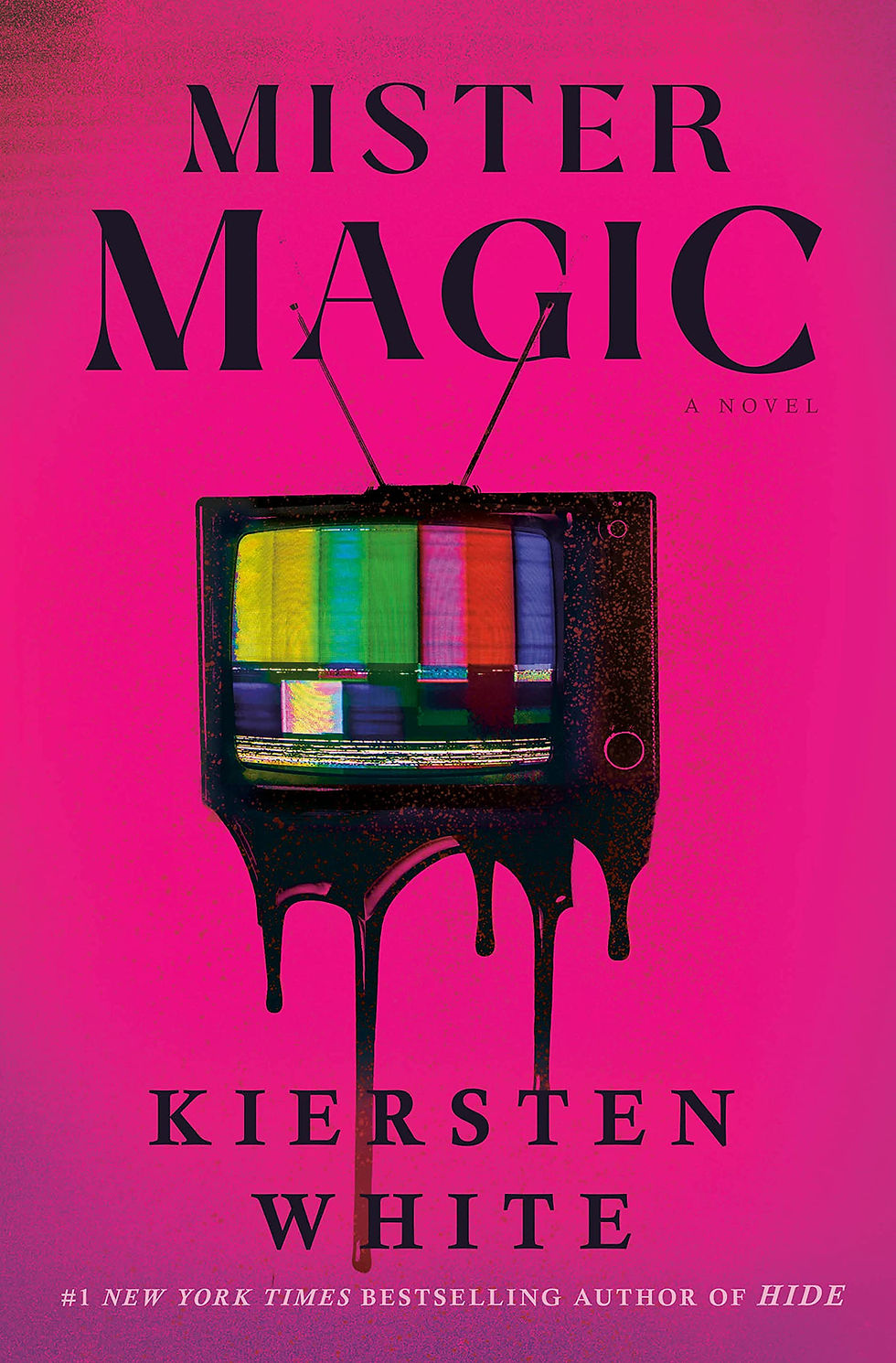Traces: The Memoir of a Forensic Scientist and Criminal Investigator by Patricia Wiltshire
- Jodie
- Aug 19, 2025
- 2 min read

Book Review
Title: Traces: The Memoir of a Forensic Scientist and Criminal Investigator by Patricia Wiltshire
Genre: Memoir, Non-Fiction, Criminology, Science
Rating: 5 Stars
In Traces, Patricia Wiltshire leads us into the hidden language of nature, where ‘even the tiniest speck of pollen can unravel a narrative of movement and time.’ This testimony of scientific exactitude resonates throughout her memoir, where she asserts that ‘Nature doesn’t lie. If you know where to look, you can find the truth.’ With these guiding principles, Wiltshire blurs the line between detective and botanist, using fossil-like fragments from the environment to reconstruct the darkest human acts. The result is a forensic odyssey that is as meticulous as it is moving, compelling not just for its revelations, but for its relentless clarity.
Patricia Wiltshire’s Traces is a rare and enthralling work that seamlessly intertwines the delicate beauty of nature with the harsh realities of criminal investigation. As both memoir and forensic revelation, it captivates and educates, leaving the reader spellbound by its depth and precision.
Wiltshire writes, “Years of slogging at basic subjects, trekking, and working in the field, putting several and several together, binding it with common sense, and having the courage to speak the vision, paid off.” This line beautifully captures the essence of the scientific method: persistent observation, rigorous data gathering, analytical synthesis, and—crucially—the bravery to present conclusions under scrutiny.
The book is infused with profound humility, rooted in the smallest details. “Even the tiniest speck of pollen can unravel a narrative of movement and time.” Through such words, Wiltshire demonstrates how, in forensic ecology, nature is a silent yet eloquent witness—requiring a keen eye and patient methodology to decode its testimony.
Perhaps most arresting is her assertion: “Nature doesn’t lie. If you know where to look, you can find the truth.” That statement echoes the core of scientific integrity—evidence is impartial, but its interpretation demands expertise, care, and unwavering objectivity.
A testament to her blend of personal warmth and forensic rigor comes from Chemistry World’s reflection: Wiltshire “repeatedly emphasizes the painstaking laboratory processes that must be carried out to ensure any evidence and conclusions stand up to scrutiny in court.” This grounding in the disciplined, step-by-step procedures reinforces how her success is built not on flair or fiction, but on method and measurement.
Her memoir is far from antiseptic, it is searing honesty as it paints vivid, gritty scenes from the “grind of her work at the microscope as its own form of exquisite torture” to her description of “haughty pathologists as gods in their own mortuaries.” Such candid, raw recollections ground the scientific narrative in human emotion and ethical complexity.
To sum the book up, it is a gripping, scientifically rigorous and moving memoir of the world’s leading forensic palynologist. It really highlights how the science and Wiltshire’s experiences both in and out of work are interwoven, each enhancing the other to create an enthralling and informative reading experience.
Buy it here:
Paperback/Hardcover: amazon.co.uk amazon.com
Kindle Edition: amazon.co.uk amazon.com




Comments